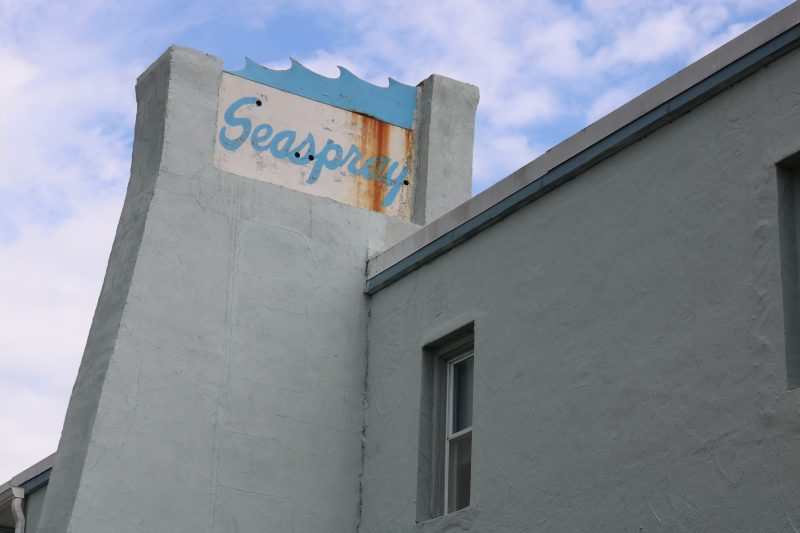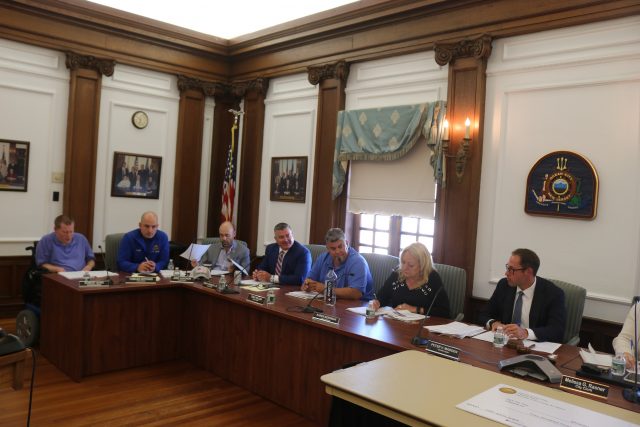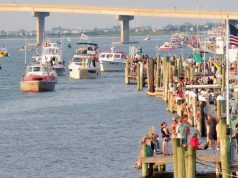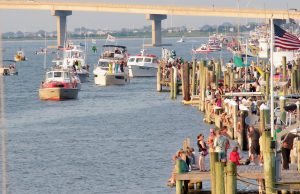By DONALD WITTKOWSKI
Ending months of discussion, City Council gave final approval Thursday night to a $98.9 million municipal operating budget for 2023 that includes a slight local tax increase for Ocean City property owners.
The tax increase of 1.7 cents will add an extra $85 on the annual tax bill for a homeowner who has a house assessed at $500,000.
Frank Donato, the city’s chief financial officer, explained during earlier discussions on the budget that higher healthcare costs, pensions, municipal salaries and inflation are largely to blame for rising expenses.
But he also said the city was able to limit the tax increase to a small amount by switching to a private healthcare fund and by increasing its revenues, such as parking and beach tag fees.
The cost of seasonal beach tags will rise from $25 to $35 if they are purchased June 1 or later. The city continues to offer a preseason discount on seasonal tags bought through May 31. However, the discounted price has increased from $20 to $30.
Weekly beach tags are doubling from $10 to $20. Daily tags will also double, jumping from $5 to $10.
At the parking lots, the city will now have the ability to charge up to $25 per day during peak times in the summer tourism season. Last summer, the maximum daily parking fee was capped at $20 for the lots.
The city is also raising the charge for parking meters in the Boardwalk and beach zones from $1.50 per hour to $2 per hour.
Parking meters in the downtown zone will go from 25 cents per hour to 50 cents per hour.
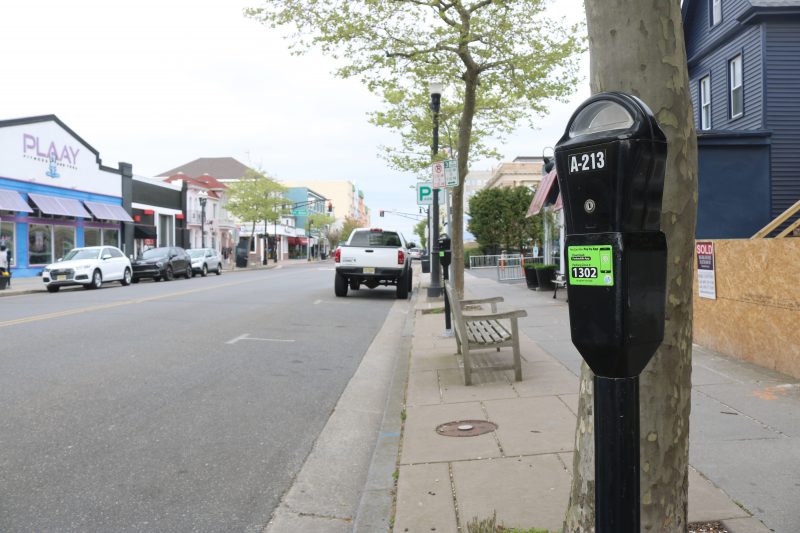
In a separate vote Thursday, Council rescinded a plan to keep parking meters in operation year-round on the Asbury Avenue corridor between Sixth Street and 14th Street.
Council decided to reverse the plan for year-round meters at the urging of the Downtown Merchants Association. Originally, the merchants association thought that year-round meters would discourage non-shoppers from monopolizing the downtown parking spots.
After giving the proposal further thought, the merchants now believe that year-round parking meters would discourage shoppers from visiting the downtown during the off-season.
As it considers ways to generate extra revenue in the future to help pay for municipal expenses, the city will explore the possibility of imposing an occupancy tax on lodging.
City Solicitor Dorothy McCrosson told Council that the governing body has the authority to charge an occupancy tax either on hotel and motel rooms or on vacation rental properties offered through online booking services such as Airbnb and Vrbo – but not both.
McCrosson explained that the city could charge up to 3 percent for an occupancy tax. Such a tax would have to go through a 90-day review period by the state, so even if the city approves it this year, it would not take effect for this summer.
The Council members indicated they would like to discuss the possibility of approving some type of occupancy tax in more detail in coming months.
“I’m definitely open to this,” Councilman Jody Levchuk said, echoing the remarks of other Council members.
The Council members said an occupancy tax would produce extra revenue for the city to help defray the cost of such things as road projects and police and fire services. They said the big crowds of summer visitors put a strain on city services and also take a toll on local roads.
Councilman Bob Barr, a Republican, also blamed the Democratic administrations of President Joe Biden and New Jersey Gov. Phil Murphy for putting additional financial pressure on local municipalities at the same time that inflation is hurting them and ordinary taxpayers.
Barr said that the same “sticker shock” that people are experiencing at the grocery stores is also reverberating at the municipal government level.
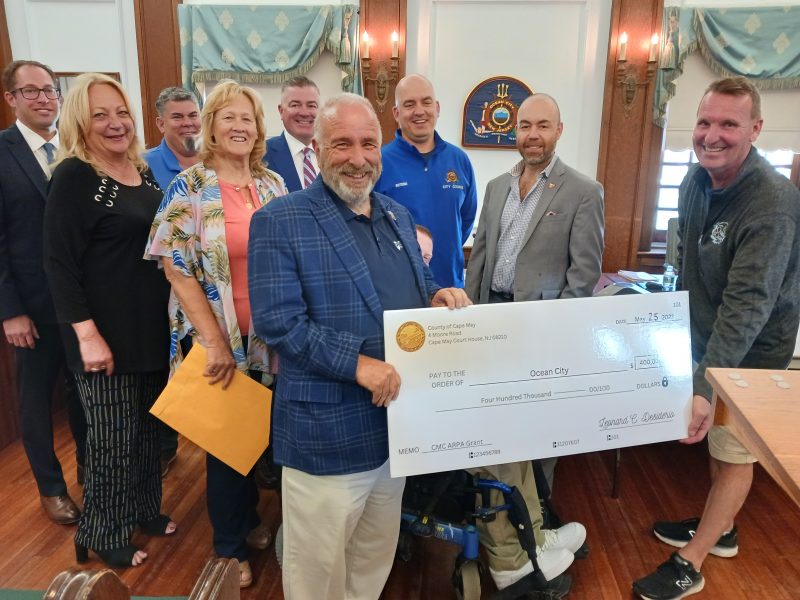
In other business Thursday, Cape May County Commission Director Leonard Desiderio and Vice Commissioner E. Marie Hayes presented city officials with a ceremonial $400,000 check as part of a federal economic stimulus program that is benefiting communities nationwide.
Funding from the American Rescue Plan Act totaled $6.4 million for Cape May County’s 16 municipalities – or $400,000 each.
The rescue plan is part of a $1.9 trillion economic stimulus bill passed by Congress and signed into law by Biden in 2021to help speed up the nation’s recovery from the financial and health impacts of the COVID-19 pandemic.
Under the funding guidelines, the grants are to be used for drinking water, storm water and sanitary sewer infrastructure projects.
In Ocean City’s case, the city plans to use the $400,000 grant to help pay for a flood-prevention project in the Merion Park neighborhood getting underway in the fall, Mayor Jay Gillian said.
Desiderio said the grant funding symbolizes the cooperation between the county and local municipalities as they undertake infrastructure projects to improve the quality of life for local residents and visitors.
“I am grateful for the support of my colleagues on the Board of Commissioners that understand the critical needs of each of our towns to make storm sewer, sanitary sewer and drinking water improvements for the health and safety of our residents,” he said in a statement.
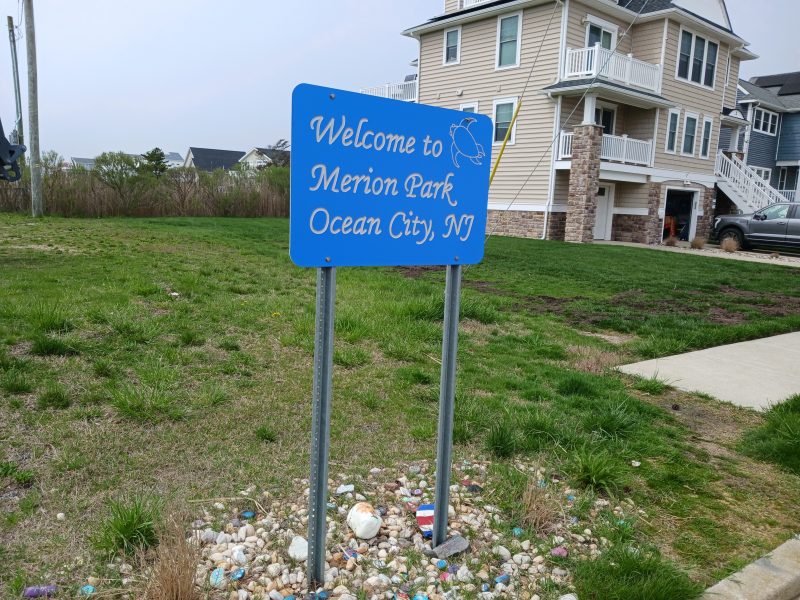
Desiderio, who is the newly appointed director of the Cape May County Board of Commissioners, has been making the rounds in May to hand out $400,000 checks to other Cape May County communities. He also serves as mayor of Sea Isle City.
Hoping to establish closer ties between the county and local municipalities, Desiderio has been holding a series of “Mayors Roundtable” discussions in recent months. Gillian said the roundtable discussions have been helpful for Ocean City and other communities in Cape May County.
“It has been an amazing resource,” Gillian said.
In other business Thursday, Council approved a nearly $29.8 million bond ordinance to fund an array of projects throughout town, including road construction and drainage improvements to reduce flooding on the island.
About $16 million in the bond ordinance will go toward road, drainage and flood-mitigation projects. Other big-ticket projects included in the bond ordinance are improvements to the Boardwalk, beach replenishment, upgrades to the firehouse on 46th Street, construction of a new shuffleboard building and elevator repairs at City Hall.
Also at the Council meeting, Gillian reported that the Seaspray condominium complex has been reopened after a new engineering report found the building to be safe for residents.
The Seaspray condos at the corner of 34th Street and Bay Avenue were “red-tagged” and closed in April by order of the state Department of Community Affairs when questions were raised about their structural condition. The red tags have now been removed and the owners can return to their condos.
“The new report indicates that this structure is safe to live in and, at least in the short term, our construction official agrees. I understand the hardships of being suddenly displaced. I’m glad that the residents can return to their homes while they come up with a long-term plan to address issues at the site,” Gillian said.
